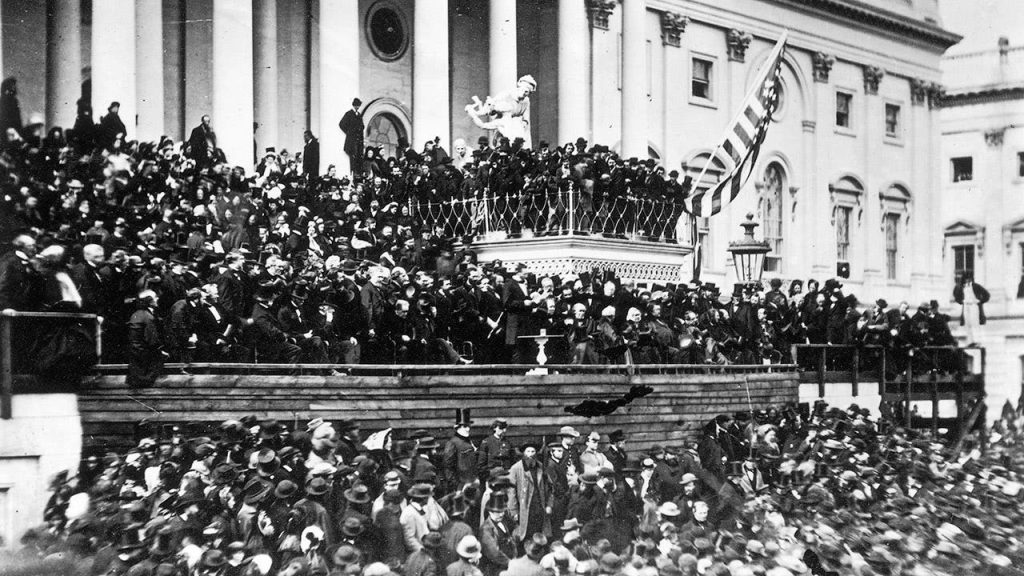Abraham Lincoln issued his Thanksgiving proclamation on October 3, 1863, during the Civil War, inviting Americans to observe the last Thursday of November as a day of Thanksgiving and praise. This proclamation was the first time a president named a specific date for the holiday. The idea for a unified Thanksgiving date across all states was proposed by Sarah Josepha Hale, who believed it could become a permanent American tradition. Lincoln’s proclamation highlighted gratitude amidst the nation’s struggles, similar to the Pilgrims who faced hardship during their early years in America.
Lincoln’s call for thankfulness came amidst the aftermath of the Battle of Gettysburg and emphasized the growth and resilience of the nation’s population. The holiday continued to evolve over the years, eventually becoming a federal holiday under President Franklin D. Roosevelt in 1941. During another turbulent time in American history, after the attack on Pearl Harbor, Thanksgiving became a time of reflection and unity. The proclamation expressed Lincoln’s hope for healing and the nation’s return to peace, harmony, and unity.
Though Lincoln is known as a skilled writer, it was actually Secretary of State William Seward who wrote the words of the Thanksgiving proclamation. The beautifully crafted proclamation acknowledged the nation’s struggles during the Civil War and the gifts and blessings bestowed by God. It called for a united acknowledgment of these blessings and a shared gratitude among the American people. Lincoln’s proclamation was a foreshadowing of his later call for healing and reconciliation in his second inaugural address, showcasing his desire for peace and unity in the nation.
The tradition of Thanksgiving in America dates back to the first Pilgrim and Wampanoag feast in 1621. President George Washington had also proclaimed a day of Thanksgiving in 1789, marking the beginning of Thanksgiving celebrations in the United States. Lincoln’s proclamation was significant in that it specified a particular date for the holiday, a move inspired by Sarah Josepha Hale’s advocacy for a unified Thanksgiving date. The proclamation highlighted a spirit of thankfulness amidst difficult times and emphasized the importance of recognizing and acknowledging the nation’s blessings.
Lincoln’s Thanksgiving proclamation was a powerful call for unity and gratitude during a turbulent period in American history. The proclamation recognized the nation’s growth and resilience, even amidst the struggles of war. The holiday of Thanksgiving continued to evolve, eventually becoming a federal holiday under President Roosevelt. Lincoln’s words of thankfulness and hope for healing served as a precursor to his later calls for reconciliation in his second inaugural address. The Thanksgiving proclamation remains a significant moment in American history, showcasing Lincoln’s leadership and vision for a united and grateful nation.


